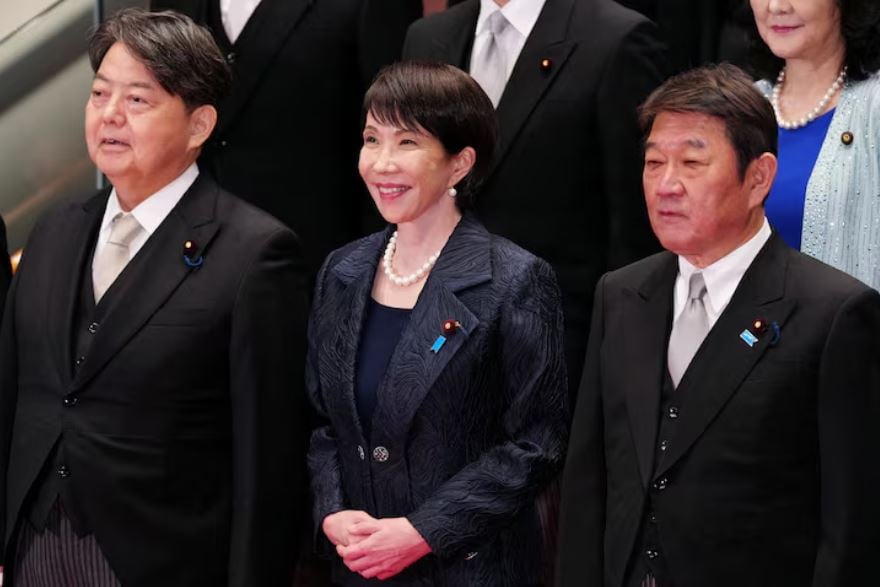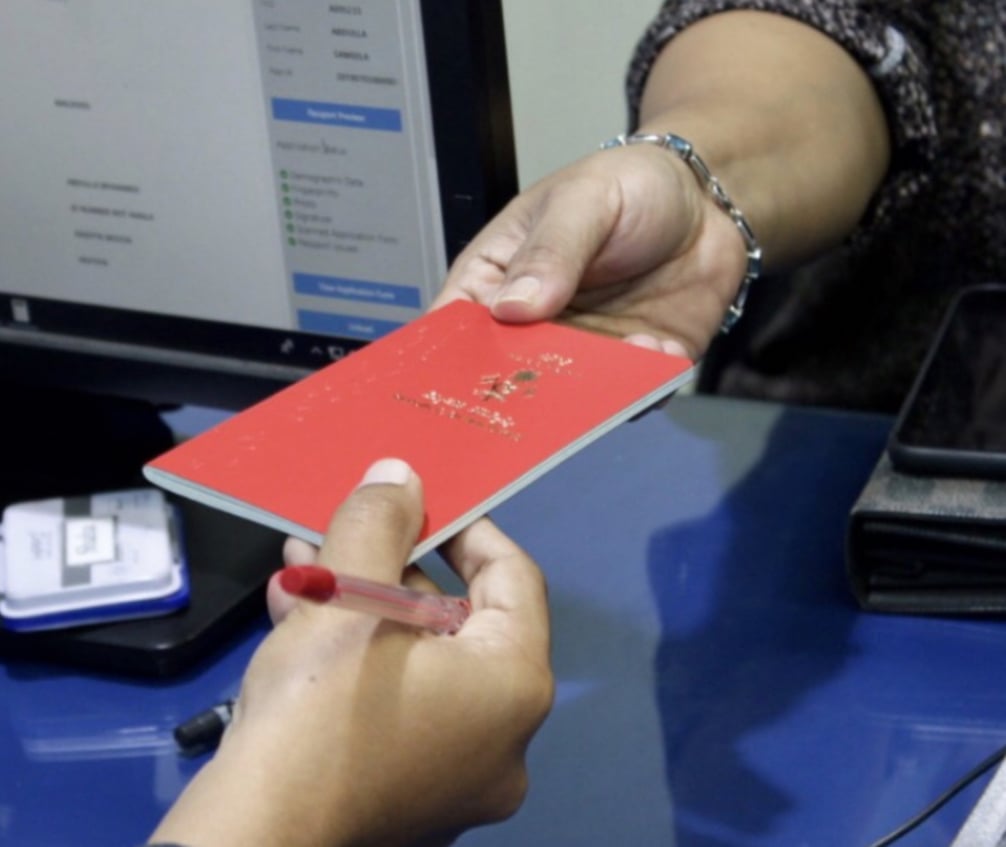The government has launched the process for proposals aimed at utilizing cross-subsidy mechanisms for tourism development, signaling a significant move to encourage investment in the sector. This follows the inclusion of six additional islands into the cross-subsidy scheme originally designated by the previous administration.
The Ministry of Tourism has now opened opportunities for submitting proposals under the Rules on Leasing Islands, Land, and Lagoons for Tourism Purposes under Cross Subsidy. Interested parties can access the necessary application forms on the Ministry's official website.
Cross-subsidy, governed by the Tourism Act, facilitates the allocation of islands, land, or lagoons to private entities in exchange for investments in government-approved projects. This framework aims to promote development while balancing economic interests with environmental and social considerations.
Recent amendments specify that land allocated under cross-subsidy agreements exceeding $10 million in value requires a lump-sum payment of 50 percent upon transfer, with the remainder due by year's end. These changes aim to streamline processes and expedite tourism project implementations.
According to government sources, the President wields discretionary authority in determining project allocations under the cross-subsidy framework, underscoring executive oversight in strategic initiatives aimed at fostering sustainable tourism growth.
The Ministry of Tourism has now opened opportunities for submitting proposals under the Rules on Leasing Islands, Land, and Lagoons for Tourism Purposes under Cross Subsidy. Interested parties can access the necessary application forms on the Ministry's official website.
Cross-subsidy, governed by the Tourism Act, facilitates the allocation of islands, land, or lagoons to private entities in exchange for investments in government-approved projects. This framework aims to promote development while balancing economic interests with environmental and social considerations.
Recent amendments specify that land allocated under cross-subsidy agreements exceeding $10 million in value requires a lump-sum payment of 50 percent upon transfer, with the remainder due by year's end. These changes aim to streamline processes and expedite tourism project implementations.
According to government sources, the President wields discretionary authority in determining project allocations under the cross-subsidy framework, underscoring executive oversight in strategic initiatives aimed at fostering sustainable tourism growth.


















